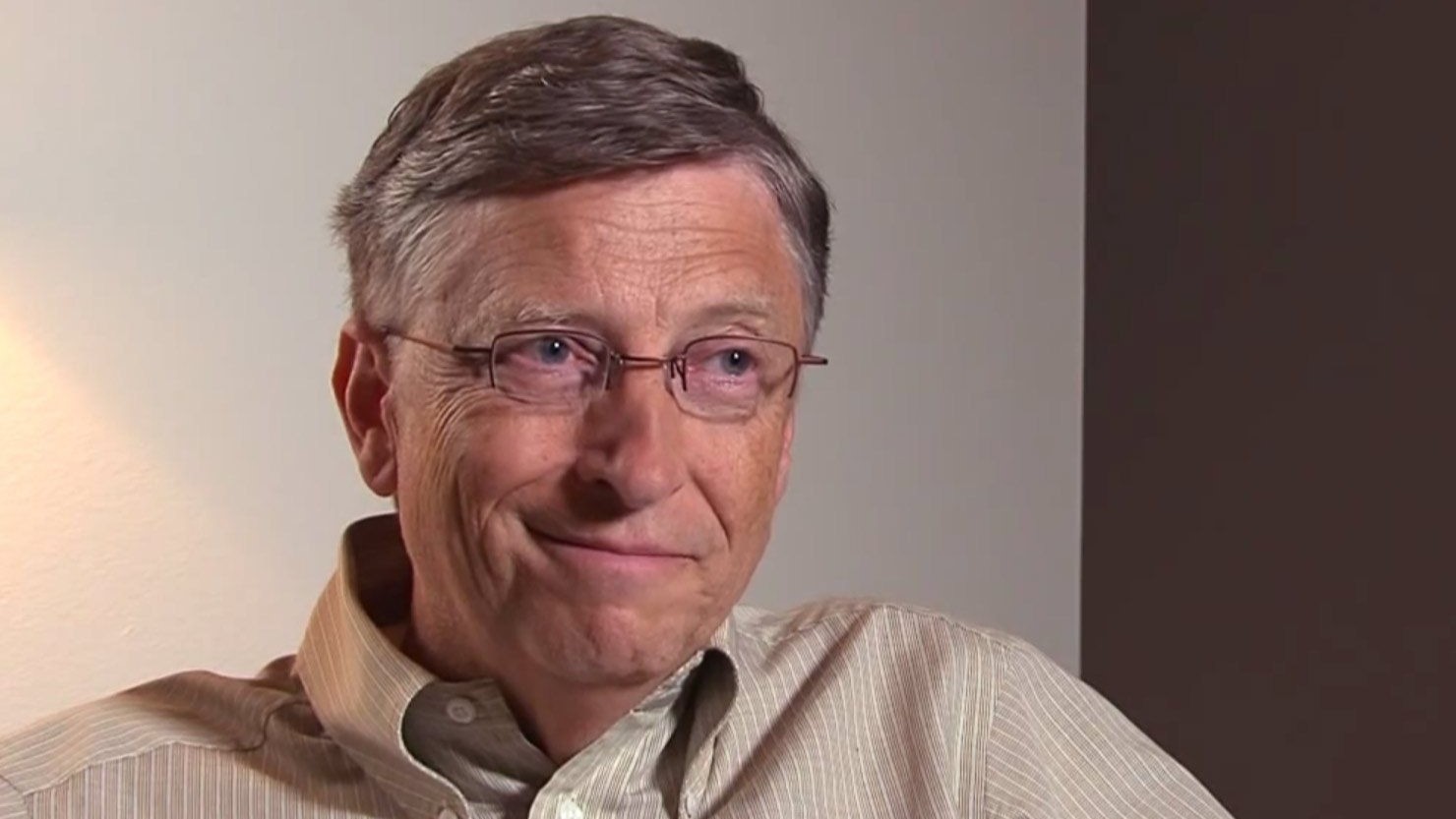Microsoft's Bill Gates places all bets on generative AI for 2024, says it will 'supercharge the innovation pipeline'
Bill Gates through the Gates Foundation and its partners, is looking into AI innovations to improve living conditions in low-income areas across the world.

All the latest news, reviews, and guides for Windows and Xbox diehards.
You are now subscribed
Your newsletter sign-up was successful
What you need to know
- Former Microsoft CEO, Bill Gates says 2024 will be the year of AI.
- He says the technology is practically taking over the world, and that it's going to get more intensive as the years go by and more people embrace AI.
- The Gates Foundation is primarily focused on using the tech to address health issues affecting poor countries like AIDS and TB.
There's no doubt that this year has been huge for generative AI, given the numerous inventions and advances that have been made. AI-powered tools like ChatGPT, Microsoft's Copilot (formerly Bing Chat), Bing Image Creator, and more have completely revolutionized how I work (but that's a story for another day).
I believe the same sentiments are reiterated by large masses of people, including Microsoft's former CEO, Bill Gates. While looking back at the year that was, as we forge towards 2024 in the next few days, Gates penned a letter highlighting how AI will shape the future.
Gates looks into the future through his young granddaughter's eyes. This is because this is essentially the generation that will inherit a "full-fledged" AI-powered world. While many might argue that the technology is still new, we've already seen the input it has on various industries, including computing, medicine, education, and more.
Admittedly, there's a cloud of concern looming over most users, predominantly because of the lack of guardrails alongside privacy issues revolving around the emerging technology. The Biden-Harris administration has already addressed some of these issues through an Executive Order, which has already started taking shape. It recently blocked an NVIDIA shipment headed to China over safety concerns. The US government quickly issued a statement citing that the move was designed to establish control over AI chips, and not to run down the country's economy. However, the country has since turned its eyes to GPU recycling factories for its AI chip needs.
Bill Gates compares the emergence of AI to when the internet had just become available. He looks back at the trajectory the technology took from the onset, from not knowing how many people have access to everyone having an email address and using the tool to scour the web.
We are just at the beginning of this transition right now. This is an exciting and confusing time, and if you haven’t figured out how to make the best use of AI yet, you are not alone. I thought I would use AI tools for the foundation’s strategy reviews this year, which require reading hundreds of pages of briefing materials that an AI could accurately summarize for me. But old habits are hard to break, and I ended up preparing for them the same way I always do.
Bill Gates
Bill Gates: The future looks bright for AI
Gates further points out his investment in innovation while working at Microsoft and even now at the Gates Foundation alongside his wife, Melinda. He categorically stated that it's the main reason why a lot of progress has been over the years across all spheres of our lives.
He added that innovation has contributed to the emergence of electricity, cars, planes, and significant advances in medicine over the past few years, further highlighting his favorite innovation story, where the number of children who die before the age of five has reduced by half since 2000. He attributed this success to innovation, as it allowed scientists to come up with efficient and effective vaccines that are safe and affordable for all.
All the latest news, reviews, and guides for Windows and Xbox diehards.
Bill Gates through the Gates Foundation intends to explore the technology more and optimize its capabilities in a bid to create new medicines by combining large amounts of data and AI tools to hasten the process.
"Some companies are already working on cancer drugs developed this way. But a key priority of the Gates Foundation in AI is ensuring these tools also address health issues that disproportionately affect the world's poorest, like AIDS, TB, and malaria."
To this end, the Gate Foundation is exploring multiple AI innovations alongside its partners to leverage these technologies to enhance living conditions across low-income areas.
What are your thoughts on AI? Do you think the guardrails in place are enough to prevent it from spiraling out of control? Let us know in the comments.

Kevin Okemwa is a seasoned tech journalist based in Nairobi, Kenya with lots of experience covering the latest trends and developments in the industry at Windows Central. With a passion for innovation and a keen eye for detail, he has written for leading publications such as OnMSFT, MakeUseOf, and Windows Report, providing insightful analysis and breaking news on everything revolving around the Microsoft ecosystem. While AFK and not busy following the ever-emerging trends in tech, you can find him exploring the world or listening to music.
